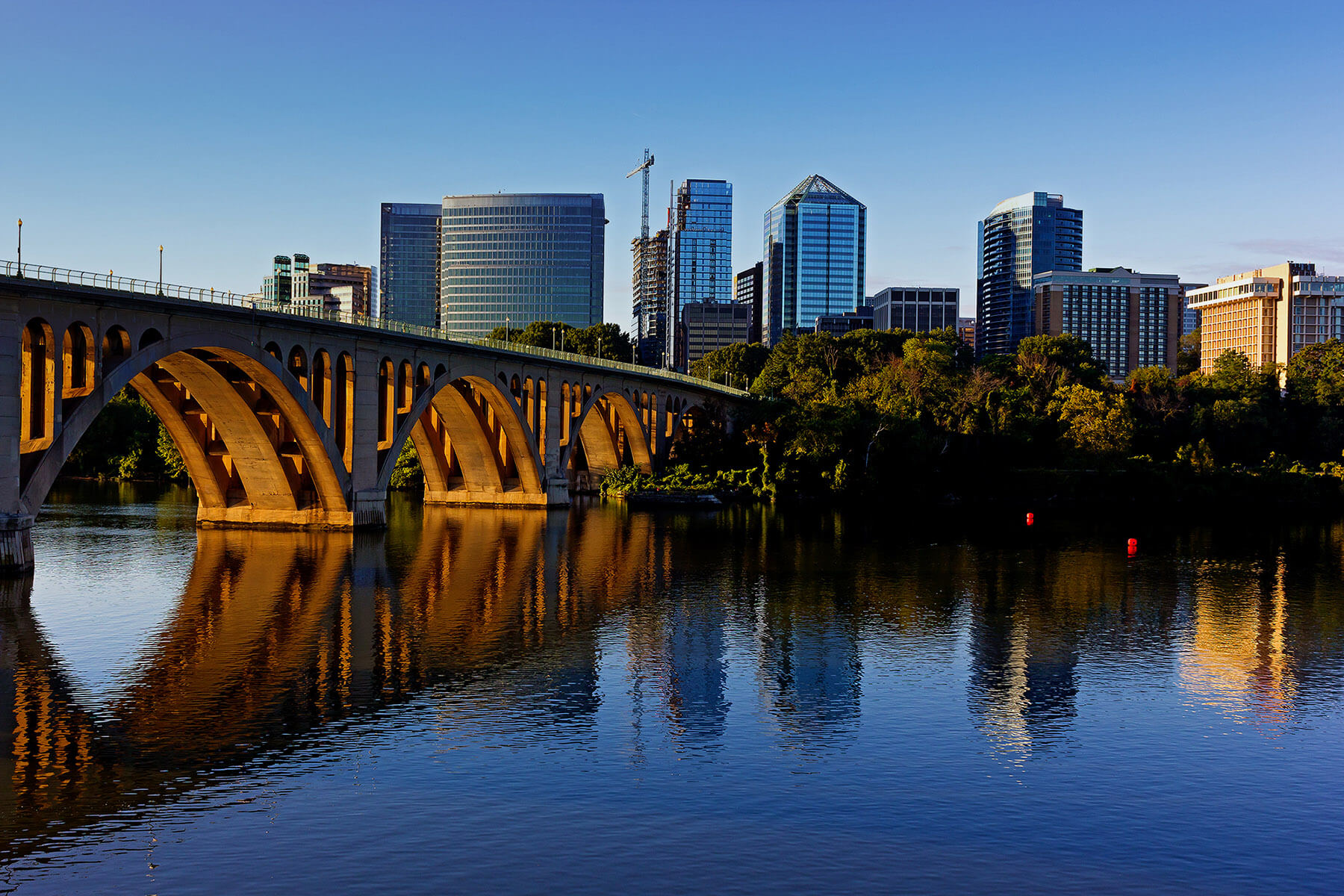By the current standards on Capitol Hill, there is astounding comity in the House Committee on Transportation and Infrastructure. The committee, which held its first hearing of the new Congress recently, exhibits a kind of good humor, of give and take, which largely ceased with the Gingrich Revolution of 1994.
What makes this committee different is that Republicans and Democrats are staring into the jaws of hell together, so to speak. Disparate as they are, from super-liberal Democrat Eleanor Holmes Norton of the District of Columbia to the committee’s conservative chairman, Bill Shuster, R-Pennsylvania, the members know that the nation’s infrastructure is in deplorable condition.
They know, too, that in the current Congress, with its GOP aversion to new taxes, there is not enough money to fix the deteriorating infrastructure. They know all too well the old saw about immovable objects and irresistible forces.
A panel of heavy infrastructure users, headed by business celebrity Fred Smith, founder and CEO of FedEx, laid out the choke points for his industry: air traffic control and the interstate highway systems.
One of Smith’s ideas for improving the nation’s highways, bridges and public transit systems is to raise the gasoline and diesel tax, which has languished since 1994. But he warned this might not be the whole answer when new forms of propulsion, like electricity and compressed natural gas are changing or threatening to change the transportation mix.
No one on the panel objected to the idea of taxes for infrastructure. The overriding concern was from committee members who wondered whether the money would be spent where it was planned or diverted to general revenue needs.
It interested me that it was Smith who recommended greater taxation. His panel colleagues, including Ludwig Willisch, CEO of BMW of North America, and David MacLennan, CEO of Cargill, did not demure. More important, Republican members of the committee swallowed the tax poison without visible physical effect. No retching, trembling or detectable palpitations.
The elephant in the room, of course, was the Trump administration. Candidate Trump promised a massive infrastructure leap forward.
No one seemed confident that spending hawks in the Congress would support such athletics. It is hard to be hopeful that President Trump will get all or any of the new money out of a Congress that is looking at escalating deficits.
Talking to people involved in infrastructure, one gets this picture: user fees are not enough and toll roads, favored in principle by many, do not raise enough money to attract and keep private investors. Philip White of the global law firm Dentons, points out that many of these have failed in Texas — ground zero for private enterprise — and have had to be taken over by government entities. Similar fates have befallen toll roads elsewhere.
The big initial boost for the infrastructure under Trump will not come from new money, but rather from authorizing previously delayed projects and easing regulations. There is also the current highway fund spending, which has risen somewhat.
But nobody, especially on the House committee, believes it is enough to reverse the relentless crumbling of roads and bridges. The real infrastructure funding need has been estimated to be as high as $6 trillion.
Back to FedEx’s Smith and what he thinks will work: a mileage tax, congestion pricing and high-access lanes on highways; a revised tax code, which would eliminate some of the anomalies that hamper strategic planning; privatizing air traffic control; and upgrading runways.
He pointed to Memphis, FedEx’s “SuperHub,” where there has been a huge gain in productivity with air traffic improvements financed by his company.
Cargill, for its part, sang the song of barges, shipping containers, trucks and railcars. “It is the interconnected nature of waterways, railways and highways — the three-legged stool of domestic transportation — that is important to keeping the United States competitive. When one mode of transportation is troubled, it affects the entire system,” MacLennan said.
All is not lost for infrastructure spending. Trump, it appears, is keen to say he has honored his campaign promises. And he promised big.
Get ready for taxes, fees and congestion charges. The need is great, the means slim and taxes, by another name, will come.
The House Transportation and Infrastructure Committee will need all of its evident camaraderie as it takes its shovel to the legislative tarmac.
For InsideSources

